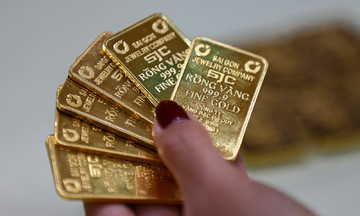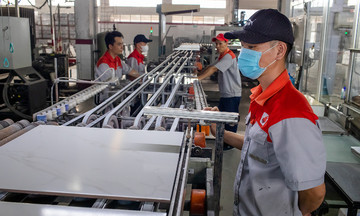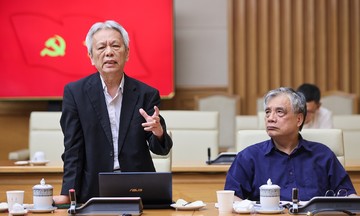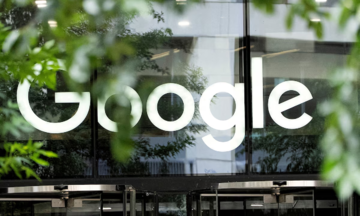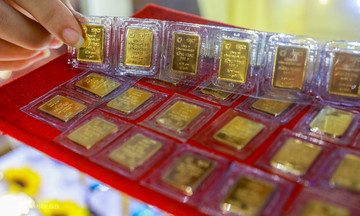Speaking to reporters at the White House this weekend, US President Donald Trump announced his final three candidates for chair of the Federal Reserve (Fed): former Fed governor Kevin Warsh, White House economic advisor Kevin Hassett, and Fed governor Christopher Waller.
Trump said he had considered Treasury Secretary Scott Bessent, but Bessent wasn't interested. "I had four people, but now I only have three. Bessent told me he's not going anywhere," Trump explained.
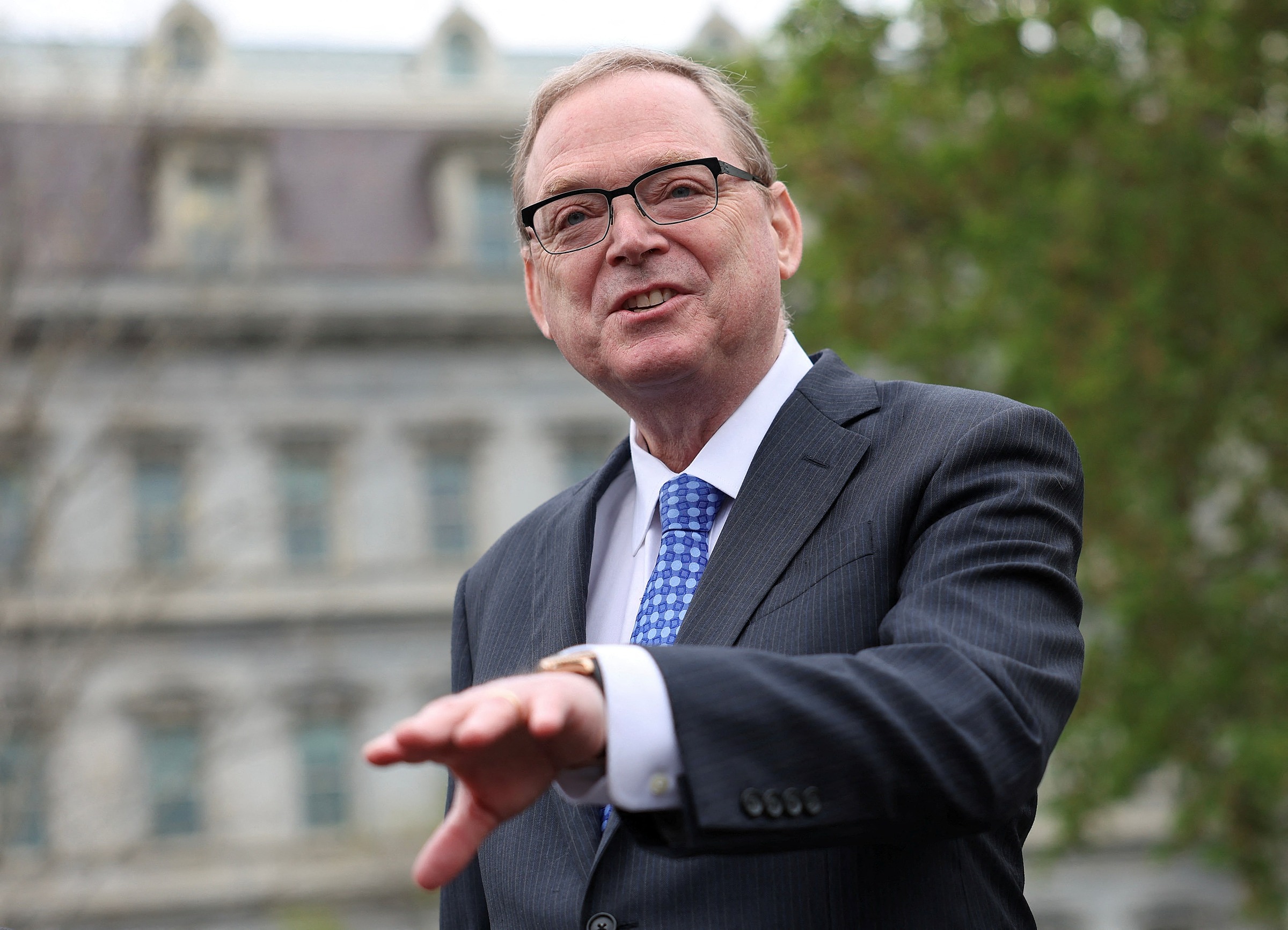 |
White House economic advisor Kevin Hassett at the White House. Photo: Reuters |
White House economic advisor Kevin Hassett at the White House. Photo: Reuters
Warsh, a longtime ally of Trump, has consistently asserted that the president's import tariff policies will not cause inflation. Trump considered Warsh for Fed chair during his first term, but then-Treasury Secretary Steven Mnuchin advised him to choose Powell instead.
Waller was nominated to the Fed's Board of Governors by Trump in 2020. He has since become a key communicator of the Fed's policy decisions. After the Fed repeatedly raised interest rates between 2022 and 2023 to curb inflation, investors began closely following Waller's statements for clues about when rates might decrease.
Before Waller gained prominence, Hassett was Trump's initial choice for Fed chair. Hassett holds a doctorate in economics and has consistently supported the president's unconventional economic plans. Economist Derek Tang suggests Hassett is a likely nominee due to his current White House position and his service under Trump since his first term.
Trump has repeatedly stated his intention to choose a Fed chair who supports lower interest rates. He has frequently criticized Powell for acting "too slowly," claiming that homebuyers are suffering due to high mortgage rates. The Fed has held interest rates steady since the beginning of this year, due to concerns about inflation stemming from Trump's tax policies.
Trump's choice for Fed chair will significantly impact financial markets. The Fed is responsible for setting monetary policy, managing interest rates and the money supply to stabilize prices, maximize employment, and ensure the safety of the financial system. Its decisions are closely watched by global markets, as the US dollar is the world's primary reserve currency.
Ha Thu (Reuters)




